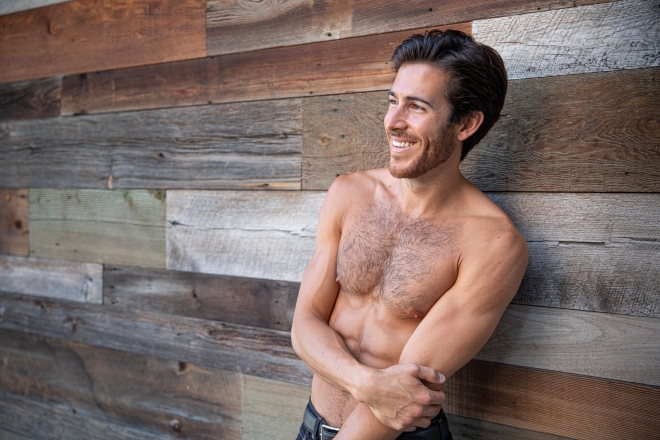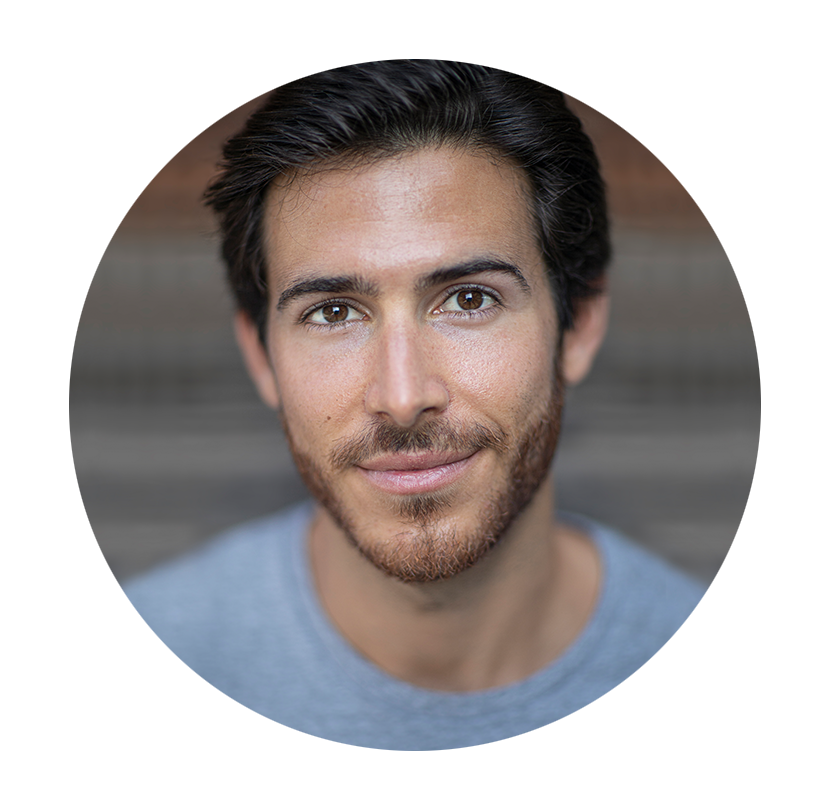Recently I have been bringing more awareness to how I and those around me describe and categorize others. It has been interesting, and sometimes concerning, to see how an adjective can suddenly become a defining component of someone’s entire identity when assigned to them by another. Certainly it is not news to anyone that our society has an affinity for labels, boxes, and color codes. Our collective tendency for discrimination and prejudice based on these affinities has and continues to create problems and cause harm. And as many of us seek to become less judgmental and exclusive and instead become more empathetic and inclusive, we must become more mindful about how we think and speak about others; even and especially those that stand on the opposite of us on various issues and beliefs. For the truth is that one or two adjectives cannot accurately describe anyone, for everyone contain multitudes.
“She is just basic.”
“He is a problematic man.”
“She is just crazy liberal.”
“He is an ignorant republican.”
These are just a few examples of statements I have recently heard those around me speak about others. And I confess, I am guilty of thinking and speaking about others in much the same way. As I reflect on these descriptive, categorical statements, what strikes me about them is not necessarily the use of any one of the words, but rather the finality and permanence with which they were spoken. As if “basic” or “problematic” accurately sums up the entirety of those people’s beings. Of course, we know on some level that these people must be more complex than just being basic or problematic, right? True – she might be “basic” in that she is an average woman who enjoys popular things, but she is also probably a loving daughter/sister/mother/etc., she probably has worthy talents, and she probably cares deeply about something important in the world. Sure – he might be a man who says and/or does “problematic” things, but he also probably is a loving son/brother/father/etc., he probably has respectable skills, and he probably has and does try to do some good in the world.
While it may be accurate to describe her as basic and him as problematic in some respects, is it not unjust to reduce them as people to being only such? Is it not wrong to deny their other admirable qualities? Is it not cruel to not give them the opportunity to be more? These are the considerations that I have been meditating on as I catch myself labeling and categorizing others. These considerations may or may not change the verbiage of the statements, but will change how they are spoken. I may still think or say “She is basic,” but the way in which I say it does not cancel out her other admirable qualities nor does it solidify with finality that “basic” is all she is or ever could be.
Personally, I am striving to edit the way these statements are spoken to allow for more consideration and respect. For example:
“In some ways, she is basic.”
“He can be problematic.” or “He does have problematic tendencies.”
I feel that when I think and speak in this way, I am finding a balance between honoring my own perspectives and opinions and allowing space for the people I am speaking about to be more than just the adjectival labels I have attributed to them. At once, I am affirming in my eyes that he or she is this or that, but also recognizing that he or she also contains multitudes. For me, this seems more respectful, more empathetic, and leaves open space to foster conversation and connection, even between two people who may oppose each other.
Now, there are of course individuals in the world who seemingly can be summarized with strong adjectives and harsh statements. We know there are people whose entire beings are consumed with negative and evil qualities and they do not deserve any considerations. However, these people are the exception. I would argue that the rule is most people are dynamic, multifaceted beings that are capable of being many things at one time and have the great potential for change and evolution. I believe that in order to cultivate authentic connections, have honest conversations, and share different perspectives, harboring consideration and respect for each other without harsh discrimination and permanent condemnation is of the utmost importance. Imagine if each of us looked at and listened to each other through the lens that everyone, no matter who, contains multitudes. How much deeper would those authentic connections be? How much more productive would those honest conversations be? How much more could we grasp and understand others’ perspectives to then work toward mutual agreements?
To be clear, this is not to say that we go through life with rose colored glasses on, bypass conflicts, and blindly hope for the best. Absolutely, we must continue to call out harmful behaviors, demand change for the betterment of the collective, and engage in disagreements and conflicts as they arise. All I offer is that as we do so, we allow the space for connection, growth, and grace by staying rooted in the knowledge that all of us contain multitudes and each of us has a role to play as we navigate this lifetime.






